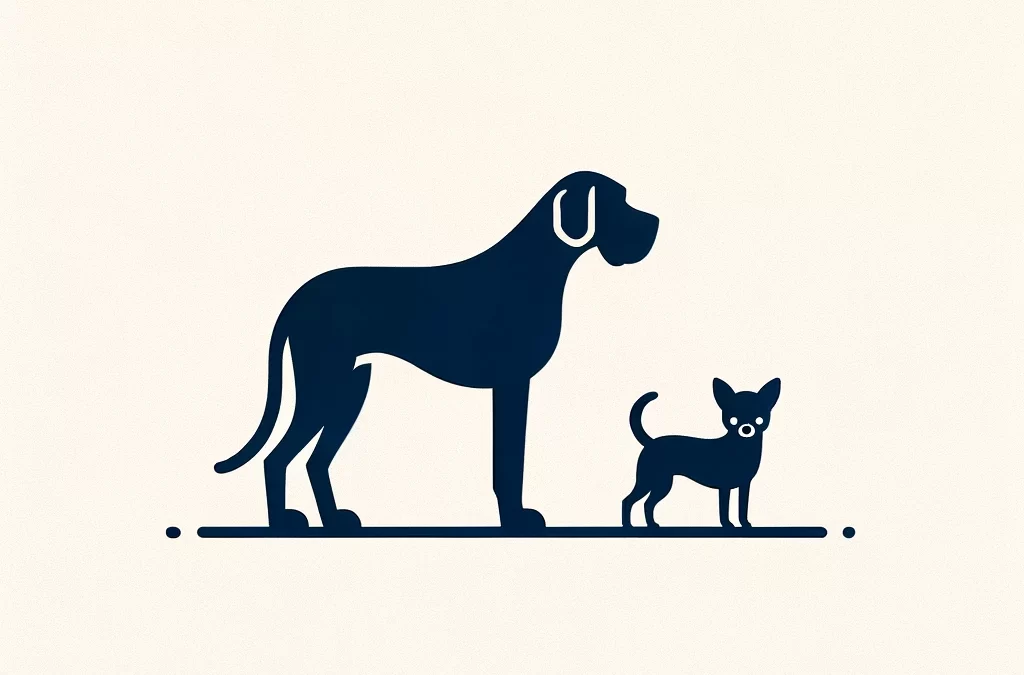對狗來說,體型確實很重要,但不僅僅是我們通常認為的那樣。雖然大型犬因其力量而受到讚賞,而小型犬因其魅力而受到讚賞,但最近的研究發現,狗的體型與患癌症的風險之間存在令人驚訝的關聯。讓我們深入研究這個有趣的鏈接,並探討它對寵物主人意味著什麼。
體型和癌症風險背後的科學
研究表明,較大的品種,如大丹犬、伯恩山犬和羅威納犬,與較小的同類相比,更容易患某些癌症。但為什麼?答案在於生物學。大型犬生長得更快,體內的細胞也更多。這種細胞活動的增加增加了突變的機會,從而導致癌症。
另一方面,像吉娃娃和臘腸犬這樣的小型品種往往具有較低的癌症風險,但並非完全免疫。某些癌症,例如肥大細胞瘤,仍然會影響較小的狗,通常是由於遺傳傾向而不是體型大小。
快速成長:一把雙面刃
大型犬種在幼犬時期經歷快速生長,給它們的身體帶來巨大的壓力。這種快速生長會導致細胞分裂不穩定,從而隨著時間的推移增加細胞行為異常的風險。此外,大型犬的新陳代謝需求可能會加速衰老,使它們隨著年齡的增長更容易患上疾病,包括癌症。
長壽和癌症風險
小型犬通常比大型犬壽命長得多。雖然這種長壽使小型犬有更多的時間發展與年齡相關的疾病,但這也意味著它們較慢的生長和細胞更新可能會保護它們免受大型犬種常見的早發性癌症的影響。相較之下,大型犬的壽命較短,通常與年輕時侵襲性癌症的盛行率較高有關。
寵物主人可以做什麼
無論狗的體型大小,寵物主人都可以採取積極措施來最大程度地降低癌症風險。定期的獸醫檢查、均衡的飲食和適當的運動是必不可少的。對於大型品種,應特別注意保持健康的體重,因為肥胖會進一步加劇癌症風險。小型犬雖然不太容易罹患與體型相關的癌症,但仍受益於基因篩檢以儘早發現遺傳風險。
重新定義“尺寸很重要”
體型與癌症風險之間的關聯促使我們重新思考我們的狗護理方法。雖然我們無法改變狗的體型,但了解它如何影響它們的健康可以幫助我們做出明智的決定。從選擇品種到客製化護理程序,這些知識使寵物主人能夠為他們的毛茸茸的朋友提供長壽、健康生活的最佳機會。
最後,無論大小,每隻狗都值得愛、關注和積極的醫療保健。透過隨時了解情況,我們都可以在降低癌症風險和確保我們的犬類伴侶茁壯成長方面發揮作用。















